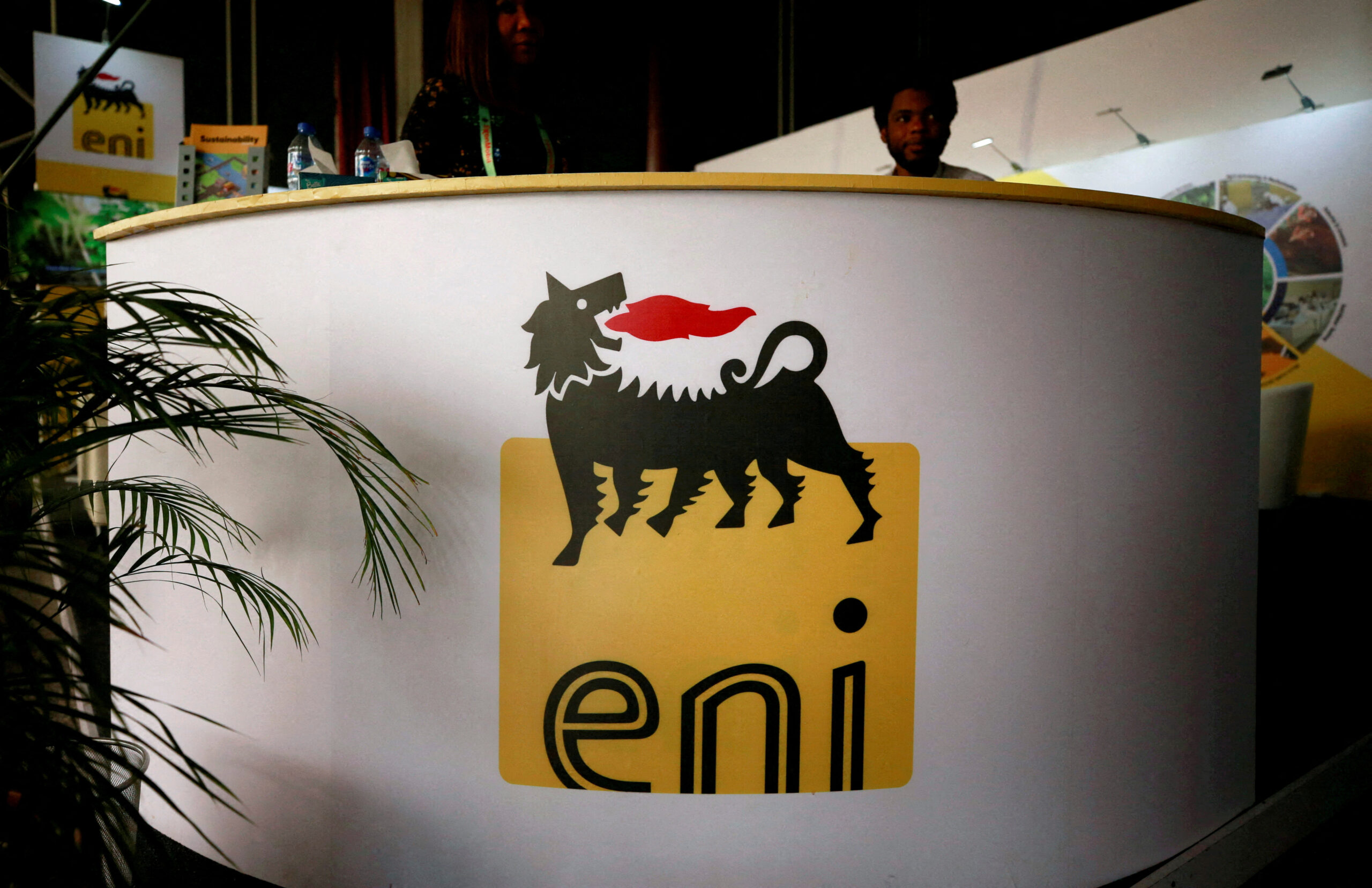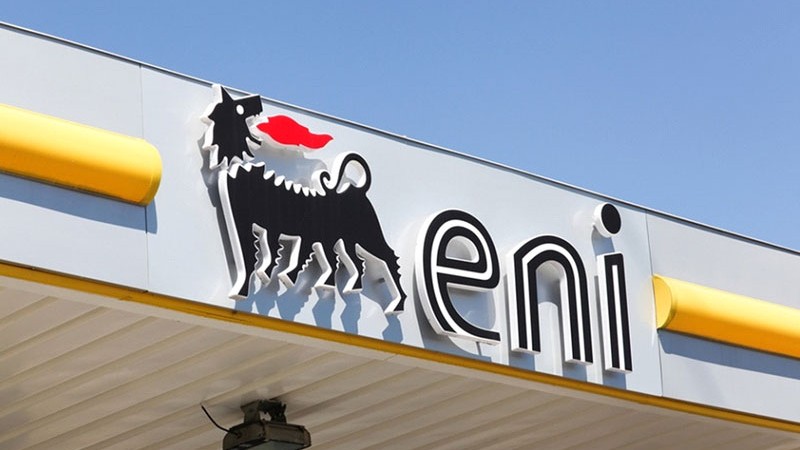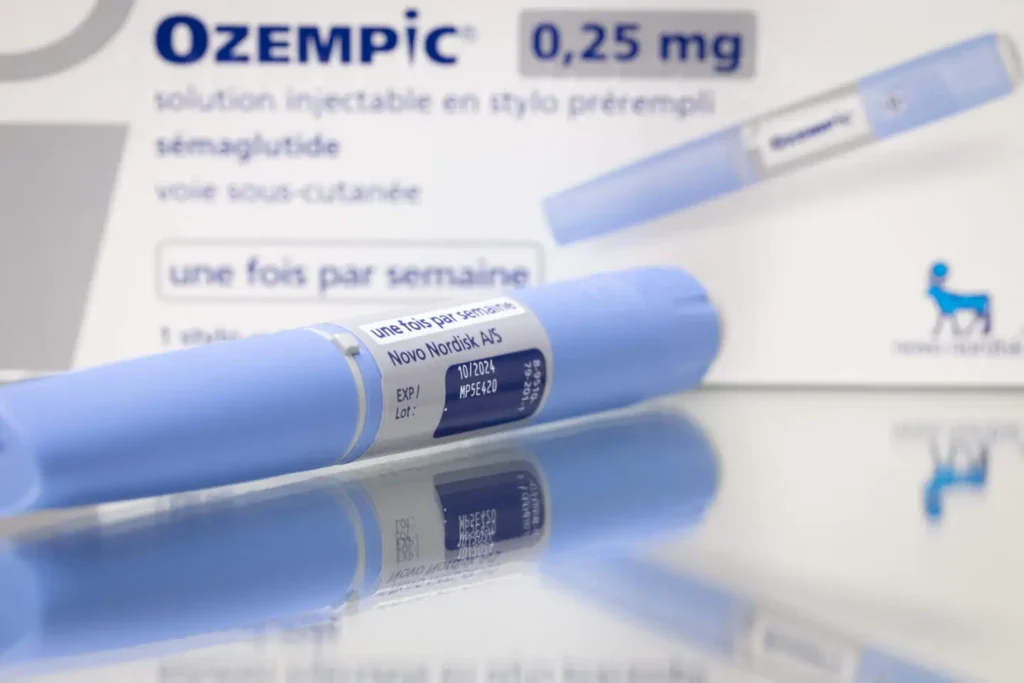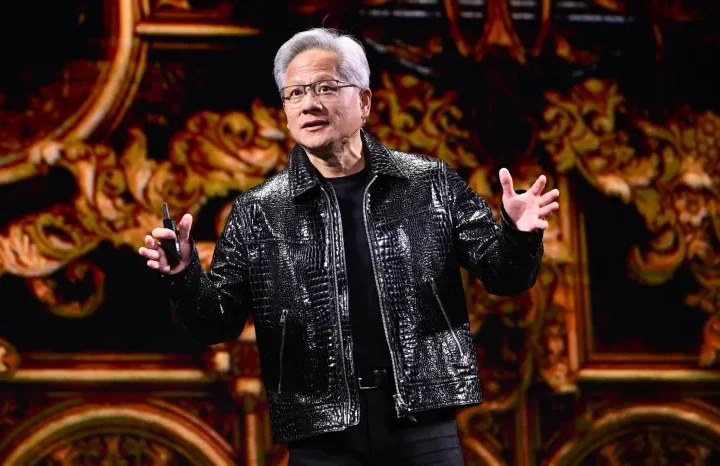A strategic green partnership: GIP and Eni join forces to accelerate carbon capture across Europe.
In a landmark move for the clean energy sector, BlackRock’s infrastructure fund, Global Infrastructure Partners (GIP), is poised to acquire a 49.99% stake in Eni’s carbon capture, utilization, and storage (CCUS) business. The deal, confirmed by Eni, involves key projects like HyNet and Bacton in the UK, the L10 project in the Netherlands, and future development rights for the Ravenna CCUS initiative in Italy.
Under a newly formed entity—Eni CCUS Holding—this strategic partnership will see GIP co-invest alongside Eni, supporting the acceleration of decarbonisation projects across Europe. The agreement signals a notable shift in how legacy energy companies finance their clean energy ambitions, leveraging private capital to scale and de-risk critical infrastructure.
For Eni, the arrangement continues its broader “satellite model” strategy. By spinning off transition-focused operations and selling minority stakes, the company raises capital while preserving flexibility for its core oil and gas business. Previously, Eni employed similar tactics—selling stakes in renewable and biofuel divisions like Plenitude and Enilive—to fuel expansion into new energy frontiers.
GIP, with deep infrastructure expertise, brings more than capital to the table. Its track record in energy and transport sectors positions it as a strategic growth partner, not just a financier. According to Eni, combining investment muscle with operational mastery will enable CCUS projects to move forward faster and at greater scale. The International Energy Agency emphasizes CCUS as essential for meeting climate targets, especially for hard-to-abate industries.
Yet, skeptics argue carbon capture could prolong reliance on fossil fuels, and the economics remain uncertain. Building CO₂ pipelines, capture facilities, and storage sites requires billions in investment and long timelines before returns emerge. But with governments and global institutions increasingly focused on climate solutions, investor appetite for these projects appears strong.

The deal also reflects GIP’s recent acquisition by BlackRock, completed last year and valued at around $12.5 billion. Merging GIP’s infrastructure portfolio—spanning energy, transport, utilities, and digital—with BlackRock’s capital depth, this acquisition sets the stage for bold green investments. The partnership with Eni illustrates how institutional investors are embracing climate-aligned infrastructure as both strategic and profitable.
Environmentally, Eni’s projects target the UK’s HyNet cluster, which has secured multi-billion-pound government backing to support carbon capture and hydrogen initiatives. In the Netherlands and Italy, the L10 and Ravenna projects expand Eni’s CCUS footprint further. These projects are expected to capture millions of tonnes of CO₂ annually—critical for decarbonizing industry emissions in line with net-zero goals.
For investors and policymakers, this agreement offers a test case in structuring public-private partnerships for climate infrastructure. A successful rollout could influence how other energy majors fund their transition goals. For Eni, success would mean scaling its CCUS business without burdening its balance sheet; for GIP, it represents a high-impact investment in the emerging clean-tech infrastructure space.
Looking forward, the real test will be execution—how effectively Eni and GIP navigate regulatory frameworks, engineering challenges, and financial models for these groundbreaking projects. If they succeed, they may set a new standard for how the energy transition unfolds: through strategic alliances between traditional energy players and infrastructure capital.
In short, the GIP–Eni deal is more than a financial transaction—it’s a symbol of shifting tides in energy finance. When infrastructure investors take meaningful equity in decarbonization, it shows the world that green energy isn’t just altruism—it’s a business opportunity.














